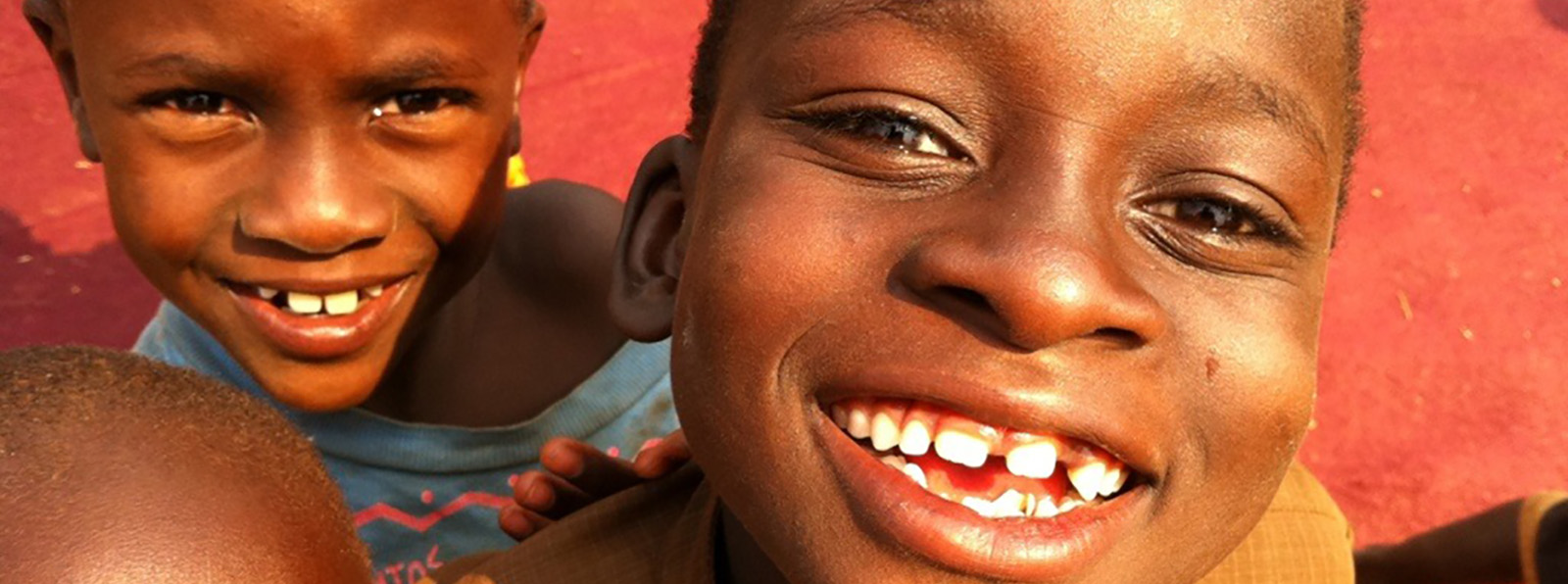Kristin Bietsch
Senior Demographer at Avenir Health

December 8, 2016
Senior Demographer at Avenir Health
People living in poor remote communities often face multiple challenges; in many cases, these include access to health and family planning/reproductive services, sustainable sources of income, and the means to sustainably use natural resources. Population, Health, and Environment (PHE) projects apply an integrated approach to improving the health and well-being of individuals, their communities, and the resources upon which they depend.
The Tuungane Project
In rural villages in Western Tanzania near Lake Tanganyika and Mahale Mountains National Park, communities have little access to voluntary family planning and other health services, and consequently, high fertility and poor health. Since almost everyone in the area grows their own food, farms are expanding to meet the needs of a growing population, which can drive soil sediment into Lake Tanganyika and have negative impacts on fish populations upon which people depend for sustenance and livelihoods.
Population Reference Bureau (PRB), through its participation in the Evidence Project, works in partnership with a PHE project in this region called Tuungane (Kiswahili for “Let’s Unite!”). The Tuungane Project tries to help communities find a balance between meeting people’s needs and practicing sustainable natural resource management. Project activities include improving fisheries management, offering contraception to those who want it, raising awareness about healthy practices such as hand washing, and establishing financial saving systems. Together, these activities will improve quality of life for people in the communities, and may also promote resilience that helps them adapt to the consequences of climate change.
Investigating Resilience
I met with members of the Tuungane Project team to collaborate and investigate the links between building resilient individuals and communities and family planning. When the project started five years ago, the Tuungane Project conducted a baseline survey to assess people’s knowledge, attitudes, and practices surrounding family planning, health services, land use, conservation, and the environment. The investigation continues with a follow-on survey to gauge people’s perceptions of how the Tuungane Project has changed their lives over the past five years. Results will be available in 2017.
Survey Results Yield Important Findings
While the survey enumerators were in the field, I teamed up with colleague Christopher Hale to analyze the Tuungane baseline data, collected in 2011 before the majority of program interventions began. Chris and I wanted to understand the links between fertility desires (how many children people want); contraceptive use; access to land; water, sanitation, and hygiene (WASH); and knowledge and attitudes towards conservation. What we found was fascinating, and you can read the full report.
The most interesting findings were:
Insights Can Build Support for PHE Projects
In Tuungane, 95 percent of households are barely able or unable to meet their daily needs with the resources that exist. The results show that people want to protect their natural resources and that they want health and family planning services. The new data will help illuminate the ways that the Tuungane Project is meeting the needs of the communities. And, we’ll be able to answer questions about if and how the project is helping communities become more resilient to climate change.
